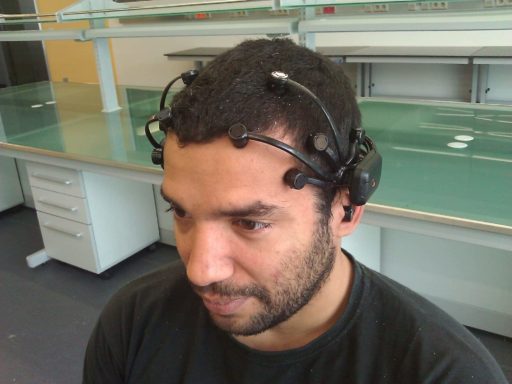Brain exercises are often disregarded as ineffective or at best, only a temporary fix. But a long-term brain study now shows that such exercises can significantly improve the mental functioning of an individual, even a decade after the exercises were performed.
A total of 2,832 people took part in the study which was undertook by the US government. At the start of the study, all participants were evaluated to confirm that they possessed normal cognitive abilities. These people were then divided into four groups. Three of these were training groups which performed brain exercises while the fourth group was simply a control group which was to be used to measure the performance of other three groups.
Each of the three training groups were then given brain exercises related to memory improvement, reasoning abilities and processing speed. Once the training was complete, comprising of several weeks, all the participants were immediately tested.
They were then tested again one, two, three, five and 10 years later, with the researchers carefully noting the change in their performance over time. Initially, all such participants who underwent training showed significant improvements in mental faculties.
Over time, the improvements in all subjects declined but the groups which were trained in reasoning skills and processing speeds, showed a significantly little decline. 73.6% of the participants in the reasoning strategies group, for instance, were performing better than their pre-training level even ten years after the exercises.
In the processing speed group participants, 70.7% were still performing better than pre-training levels ten years later. These findings convincingly suggest that training in mental abilities, especially reasoning and processing speed, can significantly improve the performance of individuals, even decades later. Based on this, researchers may find new ways to establish more strongly sustainable mental improvements in individuals.
The findings of this landmark study have been published in the Journal of the American Geriatrics Society. George Rebok, a professor at John Hopkins University who led the study, remarked on these findings in these words, “Ten years after the training, there was evidence the effects were durable for the reasoning and the speed training. What we found was pretty astounding.”
Courtesy: Daily Mail
[ttjad keyword=”android-device”]




